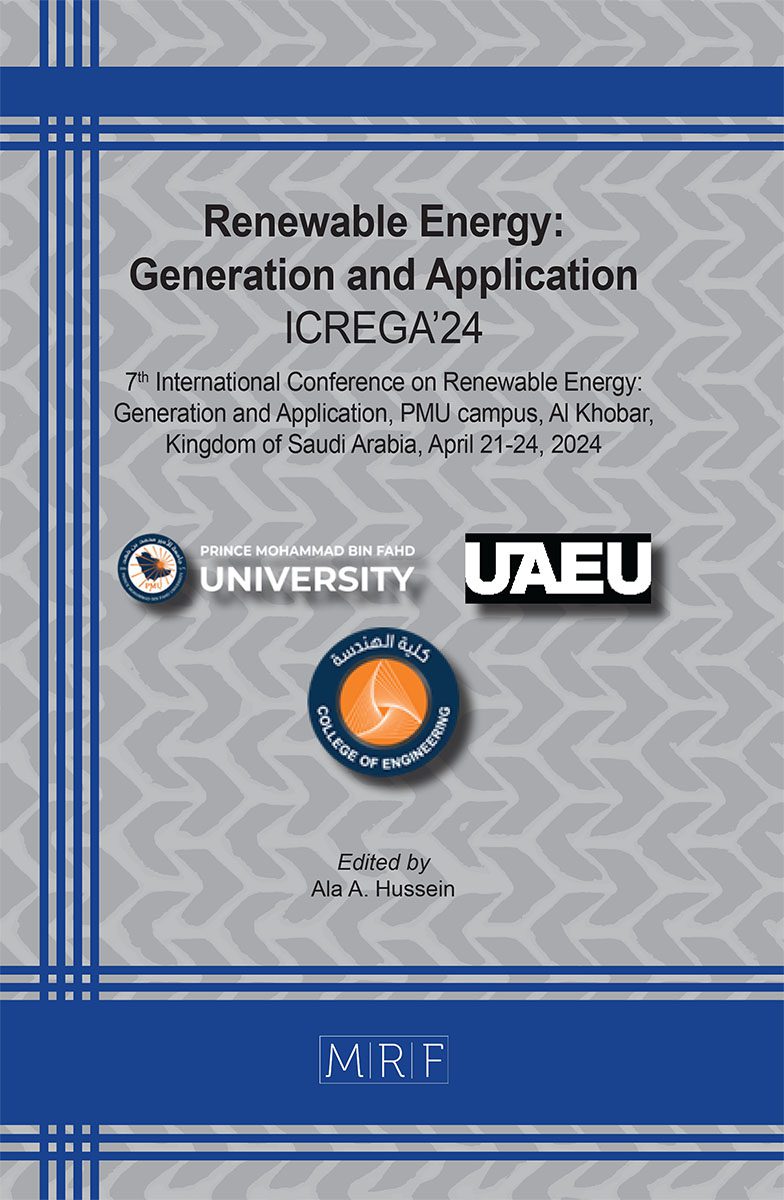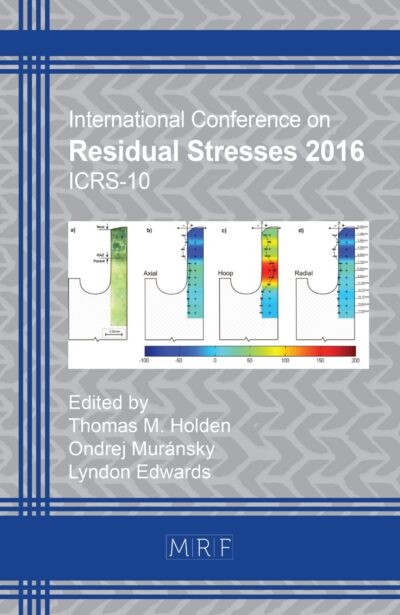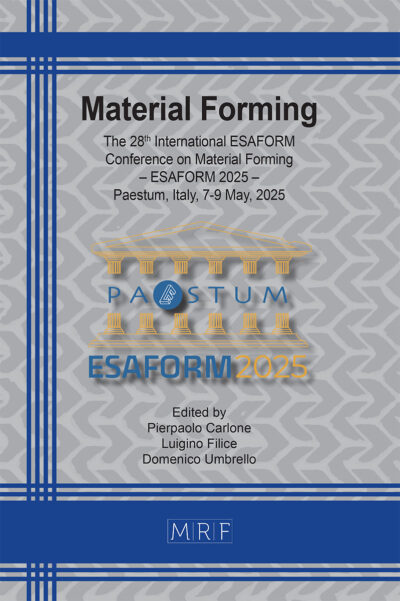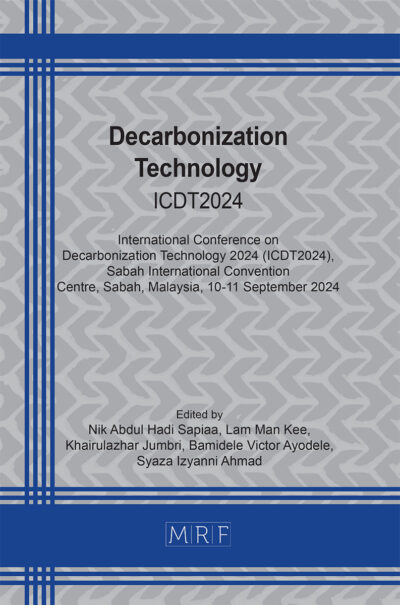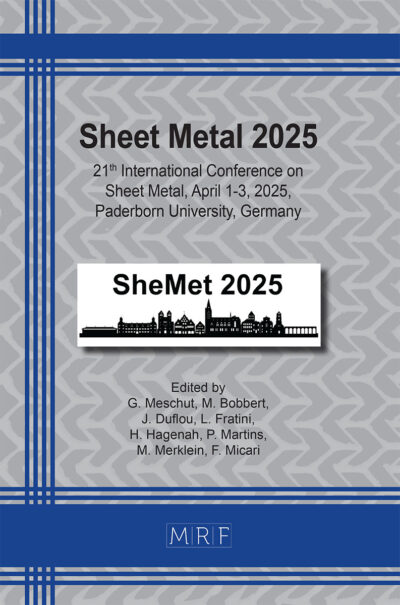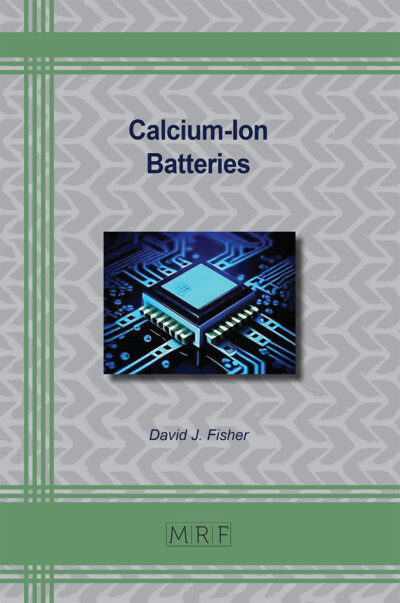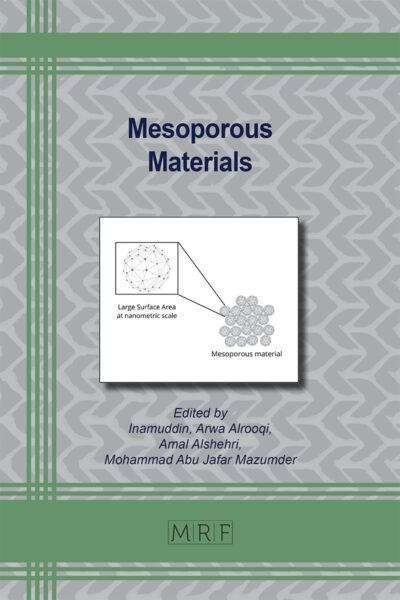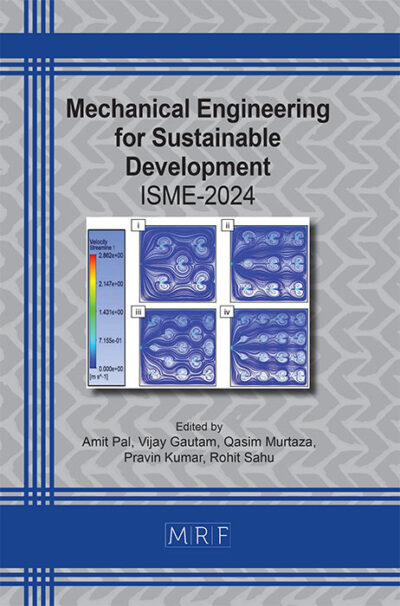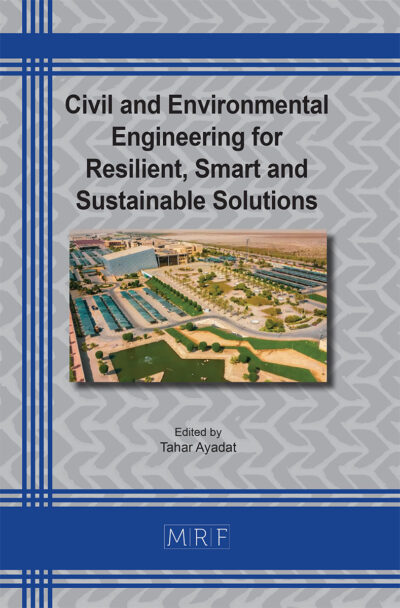–
Sustainability policies and regulation challenges in recycling EV batteries
Afnan KHALIL, Mousa HUSSEIN, Essam ZANELDIN, Waleed AHMED
download PDFAbstract. The increasing use of electric vehicles has brought the critical issue of recycling the batteries of electric cars to the forefront. This paper explores the challenges posed by current recycling policies, emphasizing the gaps in regulations and the pressing need for effective authorities involvement. The complications surrounding the recycling policies of electric car batteries are explored, shedding light on the disadvantages that may restrict successful implementation. The paper underscores the importance of addressing these challenges to ensure sustainable and responsible management of electric car batteries, emphasizing the shared responsibility between authorities, manufacturers, and other stakeholders. Examining existing policies and identifying areas for improvement will contribute to the ongoing discourse on developing comprehensive and effective electric car battery recycling frameworks and a sustainable and environmentally responsible approach to the end-of-life management of electric vehicle batteries. Recommendations on how to address this crucial issue are also presented.
Keywords
EV, Recycling, Policies, Regulations, Batteries
Published online 7/15/2024, 9 pages
Copyright © 2024 by the author(s)
Published under license by Materials Research Forum LLC., Millersville PA, USA
Citation: Afnan KHALIL, Mousa HUSSEIN, Essam ZANELDIN, Waleed AHMED, Sustainability policies and regulation challenges in recycling EV batteries, Materials Research Proceedings, Vol. 43, pp 51-59, 2024
DOI: https://doi.org/10.21741/9781644903216-7
The article was published as article 7 of the book Renewable Energy: Generation and Application
![]() Content from this work may be used under the terms of the Creative Commons Attribution 3.0 license. Any further distribution of this work must maintain attribution to the author(s) and the title of the work, journal citation and DOI.
Content from this work may be used under the terms of the Creative Commons Attribution 3.0 license. Any further distribution of this work must maintain attribution to the author(s) and the title of the work, journal citation and DOI.
References
[1] Kuhlman, T.; Farrington, J. What is Sustainability? Sustainability 2010, 2, 3436-3448. https://doi.org/10.3390/su2113436
[2] Anne P.M. Velenturf, Phil Purnell, Principles for a sustainable circular economy, Sustainable Production and Consumption, Volume 27, 2021, Pages 1437-1457. https://doi.org/10.1016/j.spc.2021.02.018
[3] Perera, F. Pollution from Fossil-Fuel Combustion is the Leading Environmental Threat to Global Pediatric Health and Equity: Solutions Exist. Int. J. Environ. Res. Public Health 2018, 15, 16. https://doi.org/10.3390/ijerph15010016
[4] Anenberg, S.; Miller, J.; Henze, D.; Minjares, R. A global snapshot of the air pollution-related health impacts of transportation sector emissions in 2010 and 2015.
[5] Pavlínek, P. Transition of the automotive industry towards electric vehicle production in the east European integrated periphery. Empirica 50, 35–73 (2023). https://doi.org/10.1007/s10663-022-09554-9
[6] https://www.imagine.art/, Text to image with AI Art Generator, accessed on 24-March-2024.
[7] Gao, Z., Xie, H., Yang, X., Zhang, L., Yu, H., Wang, W., Liu, Y., Xu, Y., Ma, B., Liu, X., & Chen, S. (2023). Electric vehicle lifecycle carbon emission reduction: A review. Carbon Neutralization, 2(5), 528-550. https://doi.org/10.1002/cnl2.81
[8] Peters, D. R., Schnell, J. L., Kinney, P. L., Naik, V., & Horton, D. E. (2020). Public Health and Climate Benefits and Trade‐Offs of U.S. Vehicle Electrification. GeoHealth, 4(10). https://doi.org/10.1029/2020GH000275
[9] Jamil, M., Ahmad, F., & Jeon, Y. (2016). Renewable energy technologies adopted by the UAE: Prospects and challenges – A comprehensive overview. Renewable and Sustainable Energy Reviews, 55, 1181-1194. https://doi.org/10.1016/j.rser.2015.05.087
[10] Bustinza, O. F., Vendrell-Herrero, F., & Chiappetta Jabbour, C. J. (2024). Integration of product-service innovation into green supply chain management: Emerging opportunities and paradoxes. Technovation, 130, 102923. https://doi.org/10.1016/j.technovation.2023.102923
[11] https://www.statista.com/outlook/mmo/electric-vehicles/worldwide#unit-sales, online statistics portal that provides access to a vast array of data and insights across various industries and topics, accessed on 24-March-2024.
[12] Wellbrock, W., Ludin, D., Röhrle, L., & Gerstlberger, W. (2020). Sustainability in the automotive industry, importance of and impact on automobile interior – insights from an empirical survey. International Journal of Corporate Social Responsibility, 5(1), 1-11. https://doi.org/10.1186/s40991-020-00057-z
[13] https://www.iea.org/data-and-statistics/charts/overall-supply-and-demand-of-lithium-for-batteries-by-sector-2016-2022, The International Energy Agency (IEA) is a prominent organization focused on energy policy and analysis, accessed on 24-March-2024.
[14] Costa, C., Barbosa, J., Gonçalves, R., Castro, H., Campo, F. D., & Lanceros-Méndez, S. (2021). Recycling and environmental issues of lithium-ion batteries: Advances, challenges and opportunities. Energy Storage Materials, 37, 433-465. https://doi.org/10.1016/j.ensm.2021.02.032
[15] Kang, Z., Huang, Z., Peng, Q., Shi, Z., Xiao, H., Yin, R., Fu, G., & Zhao, J. (2023). Recycling technologies, policies, prospects, and challenges for spent batteries. IScience, 26(11), 108072. https://doi.org/10.1016/j.isci.2023.108072
[16] Neumann, J., Petranikova, M., Meeus, M., Gamarra, J. D., Younesi, R., Winter, M., & Nowak, S. (2022). Recycling of Lithium-Ion Batteries—Current State of the Art, Circular Economy, and Next Generation Recycling. Advanced Energy Materials, 12(17), 2102917. https://doi.org/10.1002/aenm.202102917
[17] Slattery, M., Dunn, J., & Kendall, A. (2021). Transportation of electric vehicle lithium-ion batteries at end-of-life: A literature review. Resources, Conservation and Recycling, 174, 105755. https://doi.org/10.1016/j.resconrec.2021.105755
[18] Albertsen, L., Richter, J. L., Peck, P., Dalhammar, C., & Plepys, A. (2021). Circular business models for electric vehicle lithium-ion batteries: An analysis of current practices of vehicle manufacturers and policies in the EU. Resources, Conservation and Recycling, 172, 105658. https://doi.org/10.1016/j.resconrec.2021.105658
[19] Skeete, J., Wells, P., Dong, X., Heidrich, O., & Harper, G. (2020). Beyond the EVent horizon: Battery waste, recycling, and sustainability in the United Kingdom electric vehicle transition. Energy Research & Social Science, 69, 101581. https://doi.org/10.1016/j.erss.2020.101581
[20] Xie, Y., Yu, H., & Changdong, L. (2016). Research on systems engineering of recycling ev battery. https://doi.org/10.2991/ameii-16.2016.291
[21] Loganathan, M., Anandarajah, G., Tan, C., Msagati, T., Das, B., & Hazarika, M. (2022). Review and selection of recycling technology for lithium-ion batteries made for ev application – a life cycle perspective. Iop Conference Series Earth and Environmental Science, 1100(1), 012011. https://doi.org/10.1088/1755-1315/1100/1/012011
[22] Wang, S. (2022). Multi-angle analysis of electric vehicles battery recycling and utilization. Iop Conference Series Earth and Environmental Science, 1011(1), 012027. https://doi.org/10.1088/1755-1315/1011/1/012027
[23] Luo, C., Zhang, Z., Qiao, D., Lai, X., Li, Y., & Wang, S. (2022). life prediction under charging process of lithium-ion batteries based on automl. Energies, 15(13), 4594. https://doi.org/10.3390/en15134594

